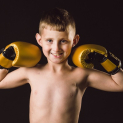The Childhood Cancer Blog
The Childhood Cancer Blog
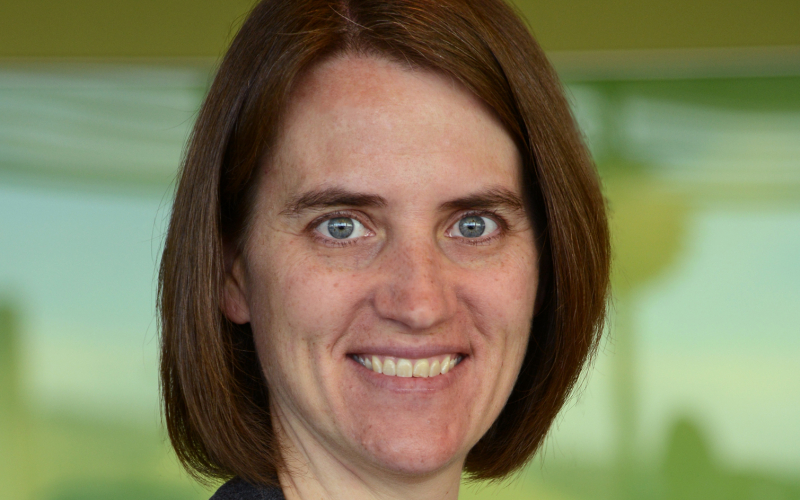
University of Colorado Denver investigator and ALSF Young Investigator grantee Dr. Jean Mulcahy-Levy has been studying chloroquine and hydroxychloroquine for nearly 11 years as a potential therapy for children with brain tumors with the BRAF mutation.
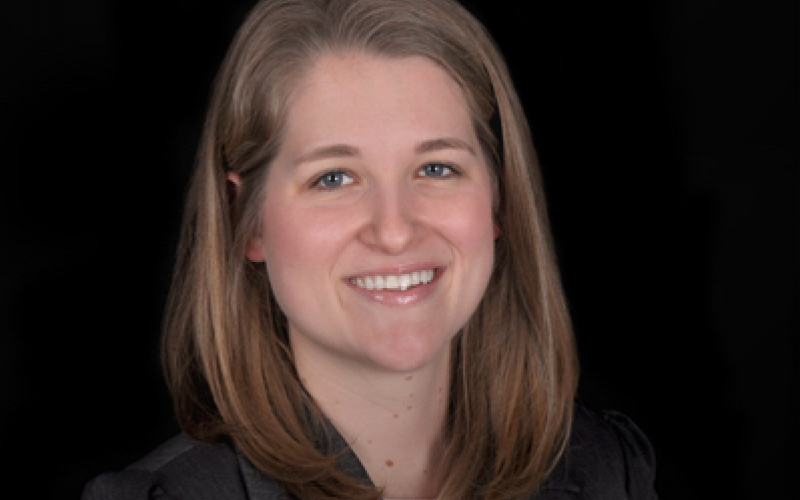
Dr. Stephanie Hicks, from the Johns Hopkins Bloomberg School of Public Health and ALSF Crazy 8 Initiative grantee, is working to create the tools required to analyze childhood cancer data at the single-cell level.

Dr. Michelle Monje has been funded by ALSF through several grant programs to study DIPG and is currently co-leading the Crazy 8 Initiative’s High-Grade Glioma working group.
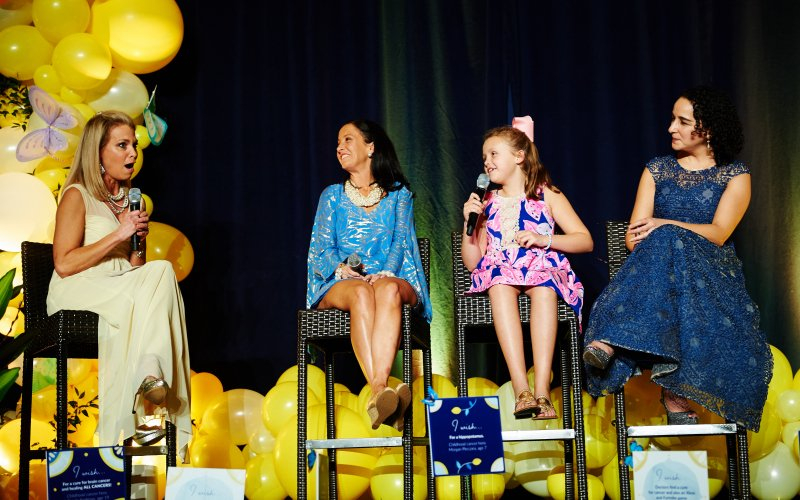
Above, Dr. Yael Mosse, MD from the Children’s Hospital of Philadelphia, together with two of patients Edie and Emily Gilger, shares the remarkable story of a research breakthrough with guests at the 2019 Lemon Ball.
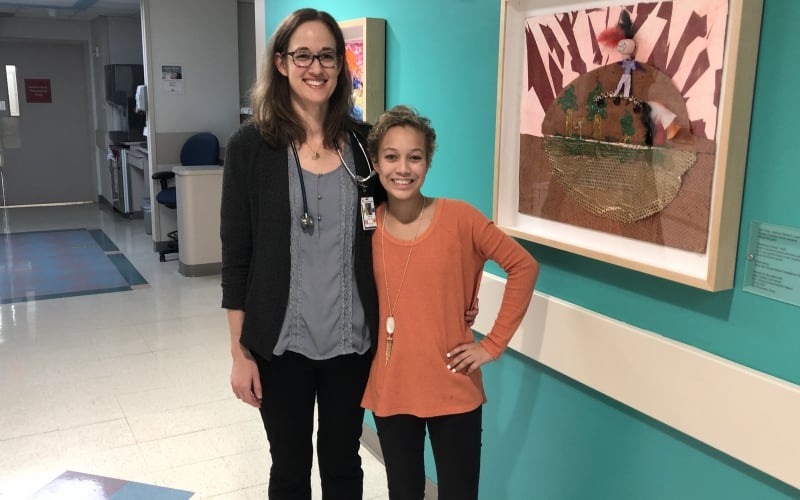
Above, Dr. Jennifer Foster with her patient Eden Green. Dr. Foster led a clinical trial for children with relapsed solid tumors.
Every day, 43 children are diagnosed with childhood cancer in the United States. Globally, cancer stole 11.5 million years of healthy life away from children in 2017. Childhood cancer diagnoses don’t stop and neither do the dedicated researchers working to make childhood cancer history.
Alex’s Lemonade Stand Foundation (ALSF) works to fund researchers at all points in their career — from the Pediatric Oncology Student Training (POST)... Read More
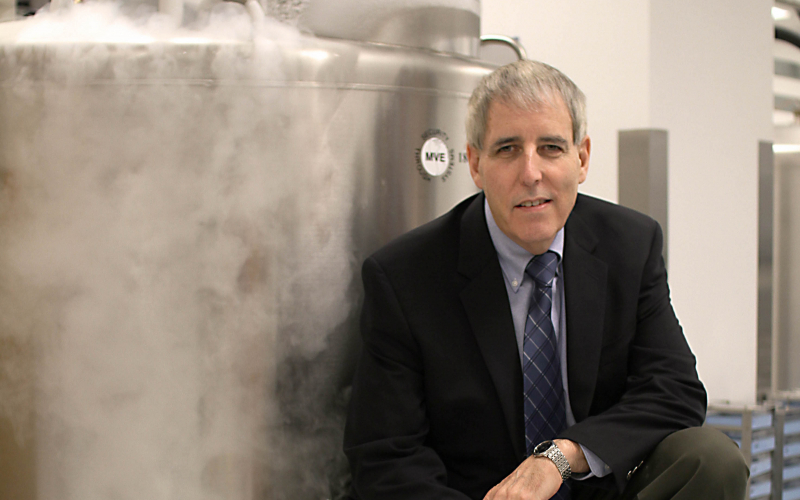
Above, Dr. Patrick Reynolds at The Childhood Cancer Repository in Lubbock, TX. Since its inception, the Childhood Cancer Repository has been powering childhood cancer research effort. As of February 2020, the Repository sent 2910 samples to 484 laboratories in 28 countries.
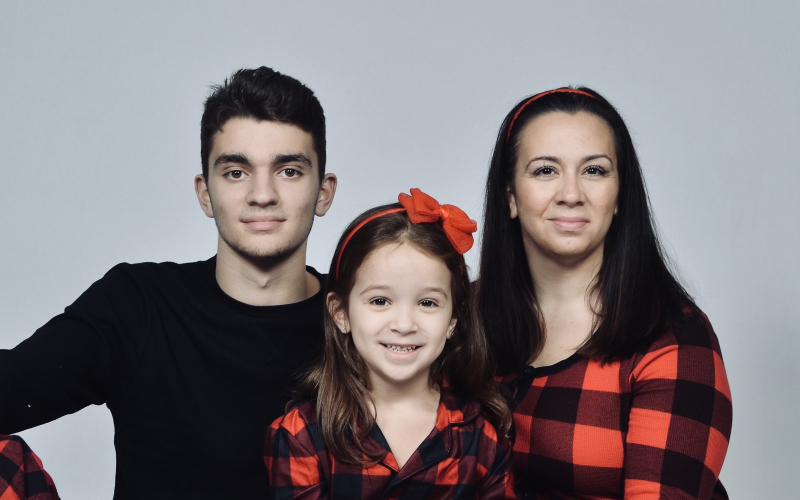
Above, Lilly Ibbotson with her family. “We hope that Lilly’s neuroblastoma tumor can be some small part of helping other children who are waiting for cures,” said Nicole Ibbotson, Lilly’s mom. Families like the Ibbotsons can help accelerate research through tissue sample donation.
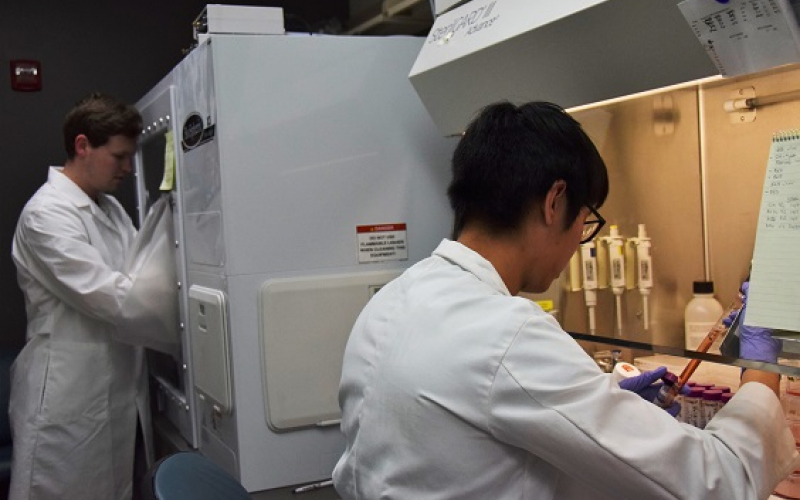
Above, staff at The Childhood Cancer Repository process and create cell lines from donated tissue. The Repository currently has 568 cell lines and 105 xenografts. That work will give researchers deeper insight into the specific mutations and biomarkers across these tumors. Because childhood cancer remains such a rare disease, this breadth of data could reveal novel ways to approach treatment if common targets are identified across tumors.
When Lilly faced surgery after relapsing, her family made the decision to donate extra tumor tissue to research instead of throwing it away.
“We hope that Lilly’s neuroblastoma tumor can be some small part of helping other children who are waiting for cures,” said Nicole Ibbotson, Lilly’s mom.
Tissue donation is a critical but often overlooked piece of childhood cancer research. As childhood cancer researchers work to find the drugs that could be cures, they are facing a critical shortage of tissue samples to... Read More
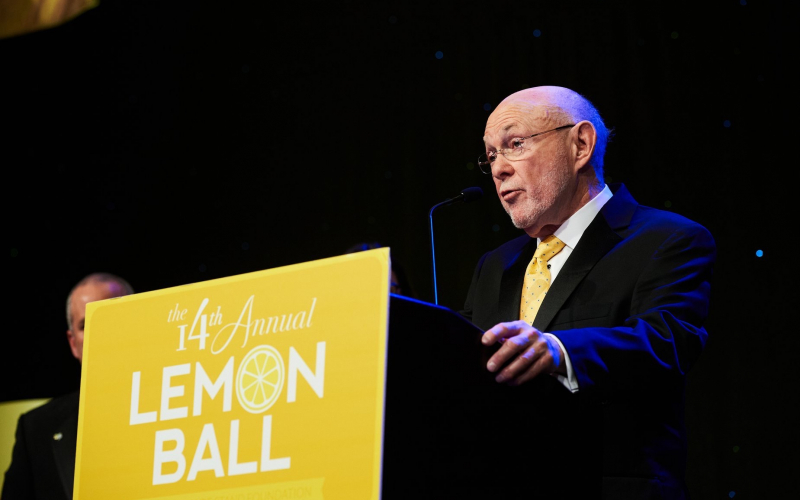
Dr. David Poplack, above, was honored with the first-ever Alex’s Lemonade Stand Foundation Childhood Cancer Lifetime Achievement Award at the Foundation’s Lemon Ball in January 2020.
The impact of childhood cancer around the world is immense.
The World Health Organization (WHO) estimates that in 2020, there will be over 300,000 new cases of cancer in children. However, the WHO also believes that this number is undercounted, due to many cases of childhood cancer that may go undiagnosed and a lack of comprehensive childhood cancer registries in some countries.
And for children in low-and middle-income countries, that diagnosis comes with a 20% survival rate, while... Read More
Pages










